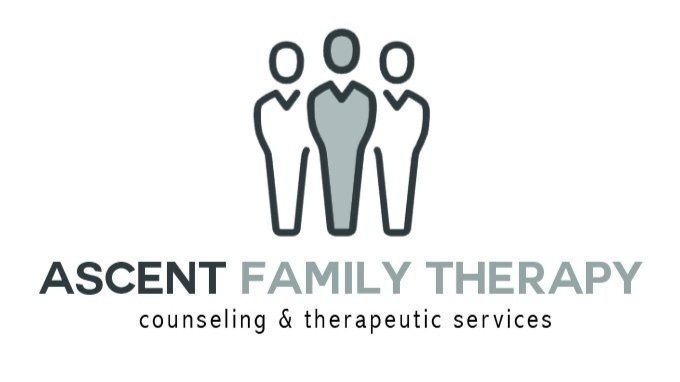Navigating Out of Control Sexual Behavior: A Therapeutic Shift from "Addiction"
Hello and welcome to the Ascent Family Therapy blog, your reliable source of professional insights on mental health and family dynamics. Today, we'll be addressing a significant topic often misunderstood in both popular and clinical contexts - problematic sexual and pornography use. Specifically, we'll be discussing the importance of viewing this behavior as Out of Control Sexual Behavior (OCSB), rather than through the lens of addiction.
Understanding Out of Control Sexual Behavior (OCSB)
At the onset, it's essential to define what we mean by Out of Control Sexual Behavior (OCSB). OCSB refers to sexual behavior that a person feels is excessive or challenging to manage and creates distress or impairment in their daily life. It can take several forms, including pornography use, multiple sexual partners, frequenting sex workers, or engaging in dangerous sexual behaviors.
Why the Shift from the "Addiction" Model?
There are several reasons why the shift from "sexual addiction" terminology to OCSB is important and useful in the therapeutic environment.
1. More Accurate Diagnostic Language
The term "sexual addiction" is misleading, as it can imply a physiological dependency akin to substance addictions. This understanding may perpetuate the misconception that these behaviors are impossible to control without eliminating the "substance," which, in this case, is a natural human drive. The term OCSB provides a more accurate and less stigmatizing description of the problem.
2. Avoids Pathologizing Normal Sexual Behavior
The addiction model can lead to pathologizing normal variations of sexual behavior, creating unnecessary guilt and shame. This can often further complicate the process of therapy, making it difficult for individuals to open up and engage with the treatment.
3. Promotes Individual Responsibility
The OCSB model encourages individuals to recognize and take responsibility for their actions. It moves away from the belief that they are "powerless" against their behavior, a concept often associated with the addiction model. This shift encourages self-efficacy, giving the individual the tools and confidence to manage their behavior effectively.
4. Comprehensive and Personalized Treatment Approach
OCSB recognizes the importance of tailoring treatment to the unique circumstances of each individual. Unlike the addiction model, which often uses a one-size-fits-all approach, OCSB allows therapists to take into account factors like cultural, relational, and psychological influences when designing a treatment plan.
Treating OCSB
In treating OCSB, we employ a multi-faceted approach. Our focus is on helping clients develop sexual health principles that align with their personal values, relationship commitments, and life goals. Through Cognitive Behavioral Therapy (CBT), mindfulness techniques, stress management, and other therapeutic interventions, we provide our clients with the tools to manage their sexual behavior effectively and healthily.
As with all conditions we encounter in therapy, compassion and understanding are at the forefront of our approach to OCSB. It's crucial to remember that nobody should feel shame or guilt for seeking help. We're here to support you through every step of your journey towards healthier, more fulfilling relationships.
In Conclusion
Viewing problematic sexual and pornography use through the lens of OCSB rather than "sexual addiction" is a significant shift in understanding and treating these behaviors. This new perspective empowers clients to manage their behaviors effectively, removes the stigma associated with "addiction," and provides a more personalized treatment approach. It's time we move away from labels and focus on encouraging healthy relationships and personal growth.
If you or someone you know is struggling with Out of Control Sexual Behavior, please reach out to us at Ascent Family Therapy. Our skilled and empathetic therapists are here to guide you through your journey towards healthier sexual behavior. Remember, it's not about shame; it's about support, growth, and moving forward.


